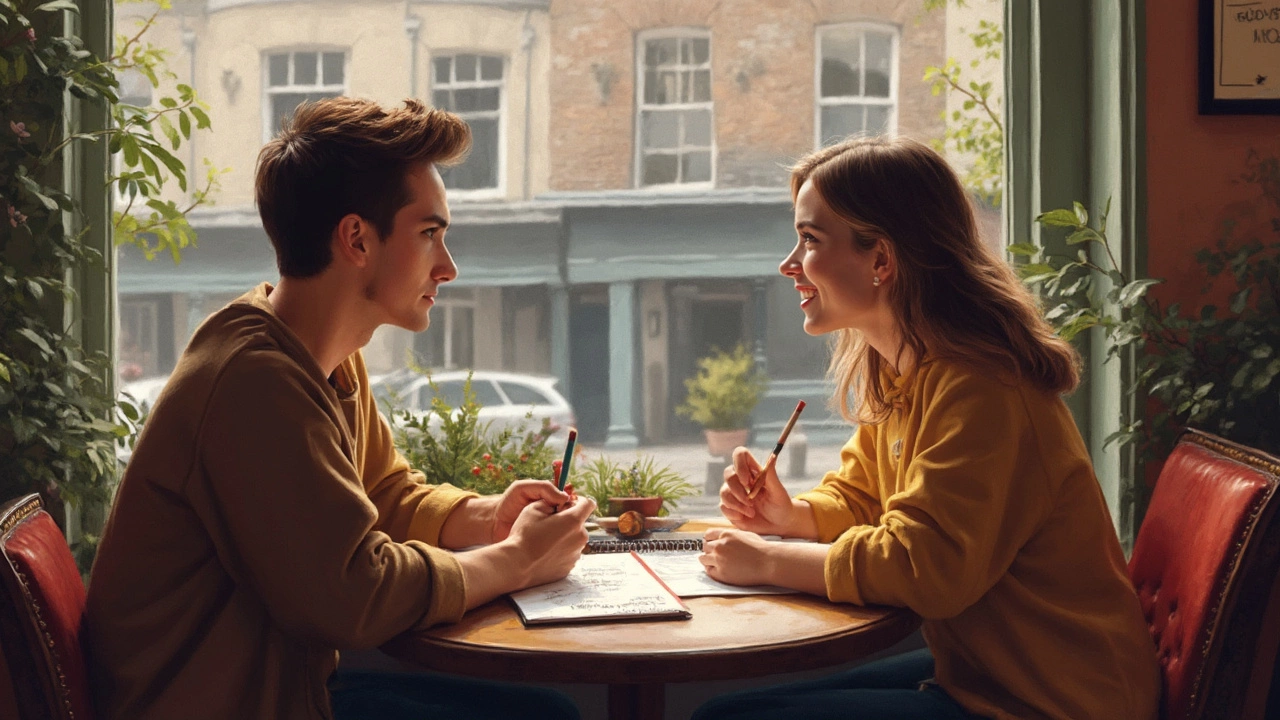Buy House: Essential Tips for First‑Time and Seasoned Buyers
Ready to turn the idea of owning a home into reality? The first step is figuring out how much you can actually spend. Pull out your bank statements, calculate your monthly income, and list out all debts – credit cards, student loans, car payments. Subtract those from your take‑home pay and you’ll see a clear picture of what mortgage payment you can handle without stretching yourself thin.
Next up, the down payment. Many people think they need 20%, but today’s lenders often accept as low as 5% for first‑time buyers. The less you pay upfront, the higher your monthly bill, so weigh the trade‑off. Look into government schemes, local grants, or employer programs that can shave a few thousand pounds off the deposit.
Pick the Right Mortgage for Your Situation
Mortgages come in all shapes – fixed‑rate, tracker, interest‑only. A fixed‑rate loan gives you the same payment for the whole term, which is great if you like certainty. Tracker loans follow the Bank of England rate, so they can go up or down. Talk to a few lenders or a mortgage broker; they’ll match you with a product that fits your credit score and budget.
Don’t forget to check your credit report before you apply. A higher score can shave off points from the interest rate, saving you hundreds over the loan’s life. If you spot errors, fix them now – it’s cheap insurance for a cheaper mortgage.
Search Smart, Offer Confidently
When you start looking at properties, keep a checklist: location, transport links, schools, and future development plans. Use online portals, but also drive around neighbourhoods you like – you’ll notice things photos can’t show. Once you find a house that ticks most boxes, don’t rush. Compare it with recent sales in the area to gauge a fair price.
When you’re ready to make an offer, be clear about your budget and any conditions (like a survey or mortgage approval). A well‑structured offer shows the seller you’re serious and often speeds up negotiations. If your offer is accepted, the solicitor will handle contracts, and the mortgage lender will do a valuation.
Finally, the closing stage. You’ll need to pay the deposit, cover stamp duty, and arrange moving costs. Schedule a survey to spot hidden problems – it could save you from costly repairs later. Once everything’s signed, you get the keys and can start planning your new life.
Buying a house isn’t a sprint; it’s a series of small, practical steps. Keep your finances tidy, ask the right questions, and lean on experts when you need them. Follow these tips and you’ll move from dreaming about a home to actually owning one, with confidence and fewer surprises.

What Credit Score Do You Need to Buy a House with No Money Down?
Thinking about buying a house with no money down? Your credit score plays a big role in making that dream come true. This article dives into what credit score you need to have a shot at purchasing a home without a down payment. It offers practical insights into credit requirements, explores different loan options, and provides useful tips to help first-time buyers prepare for this major step.